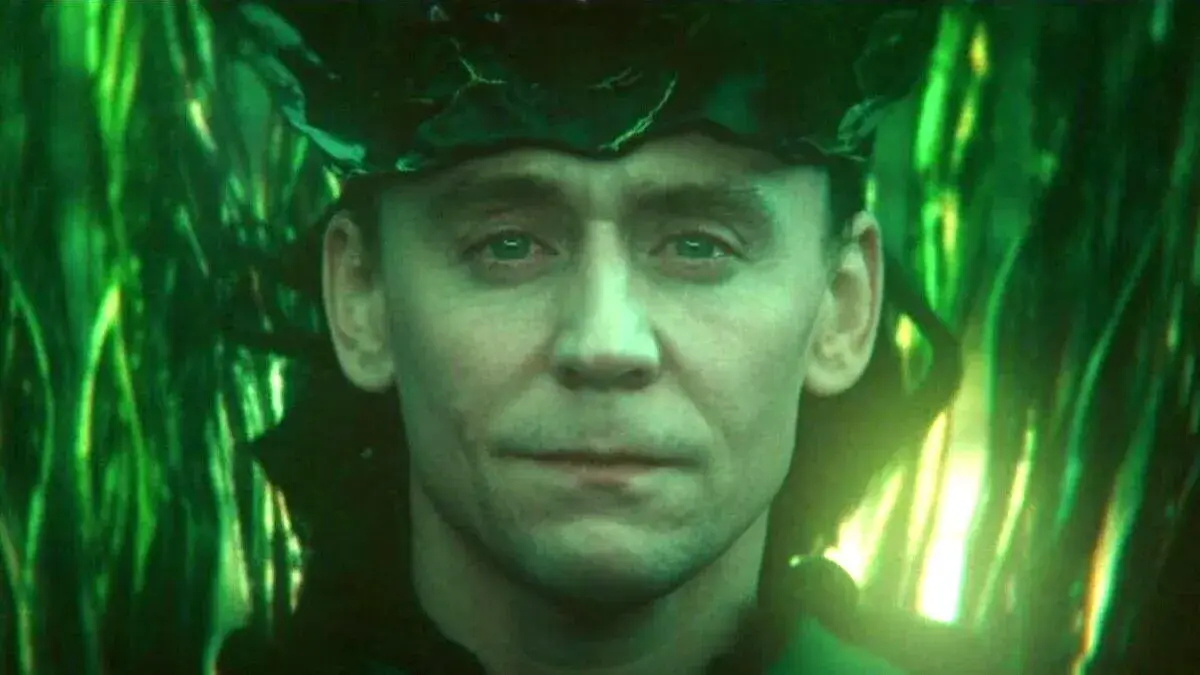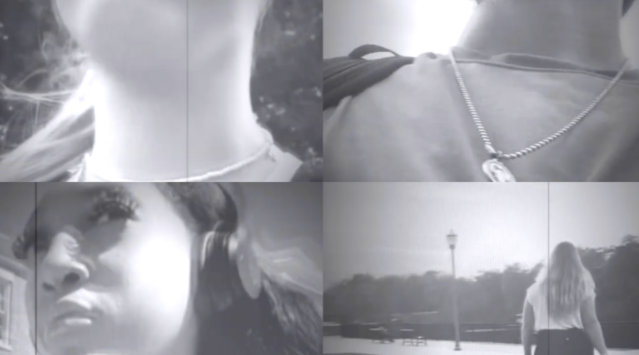For those who have long been fans of “Loki” or simply passed by Season 1 when traversing the Disney+ interface, the Season 2 finale, “Glorious Purpose,” should look familiar.
The fact that this season, and perhaps series, finale shares its title with the show’s opening episode is not just an act of structural symmetry, but of thematic completion. It brings a sense of continuity to the story of this version of Loki and his comrades; by explicitly linking this Loki’s end to his beginning, the finale makes its closure even more effective.
This full-circle dynamic is one of many positive components in an episode that on the whole is a tour de force. Its 9.6/10 on IMDb, the highest in the series, reflects its potency.
After the cataclysmic ending of last week’s “Science/Fiction,” viewers had naught to predict the contents of the finale but the knowledge of Loki’s ability to control his time-slipping and, essentially, to time-travel. Given the heightened stakes, prolonged absence of Kang and uncertain situation of Jonathan Majors within the Marvel Cinematic Universe, and the overall unpredictability of Season 2, viewers had no basis for expectation and could only buckle up for the ride.
Buckling up turned out to be absolutely necessary. “Glorious Purpose” takes less than an hour to carry the audience through countless cycles of events from previous episodes and across apparent centuries of Loki’s laboring to save the Time Variance Authority, an ardent quest that eventually lands him face-to-face once more with Majors’ He Who Remains. This meeting, just as in Season 1’s finale, evokes in Loki a cosmic introspection that eventually leads to the episode’s epic yet thoughtful conclusion.
In lieu of spoilers, let it suffice to say that this conclusion is hard-hitting and only gets better with further consideration of its connotations within the Marvel universe. The variant of Loki who has been featured throughout the show, who began as the villain of 2012’s “The Avengers,” had the unique path of developing by spectating the tragedy and futility of the life that his Sacred Timeline self would go on to lead. This temporal omnipotence expedites his journey from antagonist to hero and makes for what is the most satisfying Loki payoff yet.
Unlike the character’s other conclusions, whether the false sacrifice in “Thor: The Dark World,” the troubled heroic turn in “Thor: Ragnarok” or the self-induced death in “Avengers: Infinity War,” the sacrifice made in “Loki” is made without reservation. At least for now, it seems that this is truly the end for the character; rather than having a catch or his death having come about through his own mischief, his sacrifice is done out of a true inner resolution.
The other Lokis act and reap consequences through constant self-seeking; this one is perhaps the first to break the mold and undergo a true molding of the heart. While his actions in Season 1, Episode 1 are marred with ego and malice, by the time Season 2, Episode 6 draws to a close, his deeds are outright noble.
Loki’s resounding surrender gives the show circularity and beautiful completeness. It has been described by head writer Eric Martin as a book told in two halves, and in terms of payoff, this couldn’t be any more apt. More than perhaps any other MCU show — after all, none has yet reached a second season — it ties things together neatly. It matches. The change that takes place from the pilot to the finale 12 episodes later is smooth and organic.
The arrival of the end of the series is poignant, but with the lead character’s powerful sacrifice and the avoidance of cushy, happily-ever-after perfection, it is hardly an empty farewell. Though the conflict is resolved, fans are still left to ponder the themes of free will and consenting to the inevitable.
For two grand and fulfilling seasons, we have joined the characters in a fight against time, and contemplation on the merits of this fight will linger long after the credits roll. Whatever takeaways arise from this contemplation, it can at the very least be said that “Loki” will not soon be forgotten.









